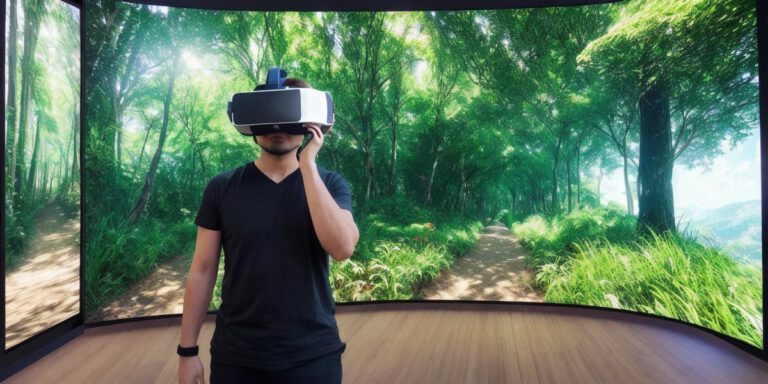The Future of Virtual Classrooms: Exploring the Benefits and Advancements in Online Education

Virtual classrooms have transformed the landscape of education, offering numerous benefits and advancements for online learning. In this SEO article, we will delve into the future of virtual classrooms, exploring their potential and the advancements that are shaping the world of online education.
Section 1: Enhanced Accessibility and Flexibility
- Highlight how virtual classrooms break the barriers of time and location, providing students with access to education from anywhere in the world.
- Discuss the flexibility offered by virtual classrooms, allowing students to learn at their own pace and accommodate their personal schedules.
Section 2: Immersive and Engaging Learning Experiences
- Explore how virtual classrooms utilize immersive technologies such as virtual reality (VR) and augmented reality (AR) to create interactive and engaging learning experiences.
- Discuss the benefits of gamification, simulations, and virtual field trips in enhancing student engagement and knowledge retention.
Section 3: Personalized Learning and Adaptability
- Highlight how virtual classrooms can provide personalized learning experiences tailored to individual student needs.
- Discuss adaptive learning algorithms and intelligent tutoring systems that adjust the curriculum and pace of instruction based on student performance and progress.
Section 4: Collaboration and Global Connectivity
- Emphasize the importance of collaboration in virtual classrooms, allowing students to connect and collaborate with peers from diverse backgrounds and cultures.
- Discuss the use of collaborative tools, video conferencing, and shared virtual spaces that foster communication and teamwork among students.
Section 5: Analytics and Data-Driven Insights
- Explore how virtual classrooms leverage data analytics to provide educators with valuable insights into student performance, engagement, and learning patterns.
- Discuss the use of learning analytics to identify areas of improvement, personalize instruction, and provide targeted interventions.
Section 6: Professional Development and Lifelong Learning
- Discuss how virtual classrooms are not limited to traditional K-12 or higher education settings but also extend to professional development and lifelong learning opportunities.
- Highlight the benefits of online courses, webinars, and workshops in upskilling and reskilling individuals in various industries.
Section 7: Technological Advancements and Emerging Trends
- Explore emerging trends in virtual classrooms, such as artificial intelligence (AI)-powered virtual assistants, adaptive learning platforms, and extended reality (XR) applications.
- Discuss the potential impact of these advancements on the future of online education.
Conclusion: The future of virtual classrooms is bright, with enhanced accessibility, immersive learning experiences, personalized instruction, global connectivity, data-driven insights, and continuous advancements in technology. As online education continues to evolve, virtual classrooms will play a pivotal role in shaping the way we learn and teach. Embracing these advancements and harnessing the power of virtual classrooms will enable educators and learners to unlock new possibilities in the world of online education.








